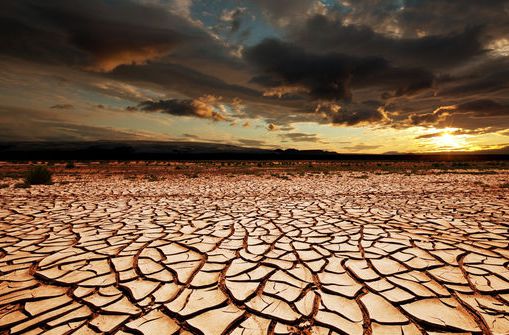
Climate change; a defining issue
Once again, the mandate of the global body, the United Nations, came to the fore as it marked its 74th anniversary with various activities last Thursday.
Since its establishment in 1945, with the primary responsibility to ensure the maintenance of international peace and security, which it does through the prevention of conflict, helping parties in conflict areas make peace, peacekeeping activities and creating the conditions to allow peace to flourish, the UN body has chalked up some successes, but it has also seen some failures.
Advertisement
This year, the global body has declared climate change as the defining issue.
Celebrating the 74th anniversary on the theme: “Our Planet. Our Future”, the UN has also called on all to be leaders in the fight against climate change. (Story on page 87)
It will therefore not be out of place to emphasise how important it is for all of us to commit to immediate climate actions.
Today, the problem has been well articulated. It is not that too little sun warmth is reaching the earth, but that too much is being trapped in our atmosphere. So much heat is being kept inside greenhouse earth that the temperature of the earth is going up faster than at any previous time in history.
This is why scientists across the globe have stopped focusing just on global warming and are now focusing on the larger topic of climate change.
Clearly, the impact of climate change is affecting all countries, particularly the developing ones, largely considered most vulnerable. In Ghana, conscious efforts are being made to reduce its negative impact which poses critical challenges to development.
That notwithstanding, there is the need for a concerted global action to reduce climate change and climate variability if we are to sustain global development efforts.
There are schools of thought which argue that many of the measures put in place to reduce the effects of climate change are not actually targeted at increasing resilience of affected people to climate change.
The measures are rather reactionary and turn out to be ultimately more costly and could, therefore, hardly address effectively impacts that are anticipated in the long term.
Adopting a proactive and targeted approach is obviously more effective and less costly than responding reactively to climate change impacts as they happen.
Interestingly, in a speech read for the UN Secretary General Antonio Guterres by the Under-Secretary-General for Economic and Social Affairs, Mr Liu Zhenminto, to mark the UN day at a Sustainable Development Forum, the Secretary General noted that they were off track and referred to climate crisis, deadly conflicts, gender-based violence and the rising hunger and persistent inequalities which were undermining efforts to achieve the Sustainable Development Goals by 2030.
We also appreciate the fact that the Secretary General had stressed the need to act quickly and in a more coordinated manner.
It is our belief that we need effective partnerships and adequate resources to reorient our economic, financial and governance systems as stated by the Secretary General, for growth to benefit all and support a healthy environment.
At the government, community and individual levels, we all have a key role to play to adopt functional strategies to minimise the negative effects of climate change.



